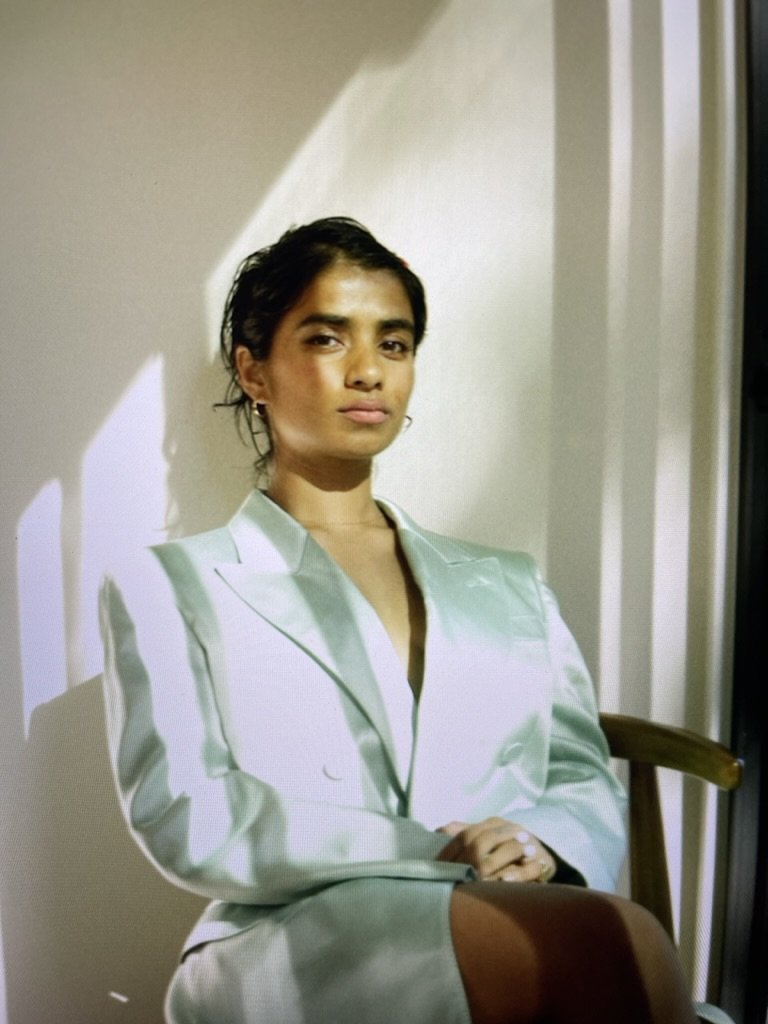photo by Amanda de Cadenet for Violet Magazine.
Fariha Róisín is a writer, culture worker, and educator.
Born in Ontario, Canada, they were raised in Sydney, Australia, and are based in Los Angeles, California. As a Muslim queer Bangladeshi, they are interested in the margins, liminality, otherness, and the mercurial nature of being. Their work has pioneered a refreshing and renewed conversation about wellness, contemporary Islam, degrowth and queer identities and has appeared in Al Jazeera, The Guardian, Vice, Village Voice, and others.
Róisín has published a book of poetry entitled How To Cure A Ghost (Abrams), a journal called Being In Your Body (Abrams), and a novel named Like A Bird (Unnamed Press) which was named one of the Best Books of 2020 by NPR, Globe and Mail, Harper’s Bazaar, a must-read by Buzzfeed News and received a starred review by the Library Journal. Their first work of non-fiction Who Is Wellness For? An Examination of Wellness Culture and Who it Leaves Behind (HarperWave) was released in 2022, and their second book of poetry Survival Takes A Wild Imagination came out Fall of 2023.
